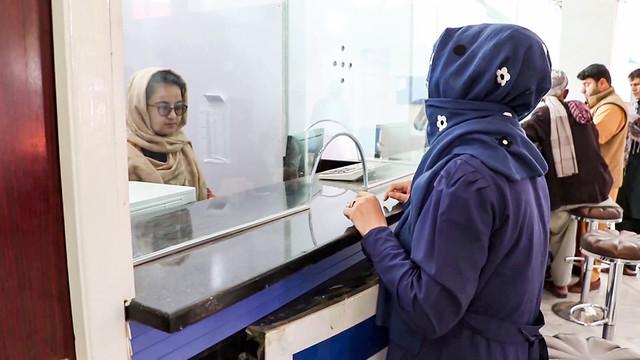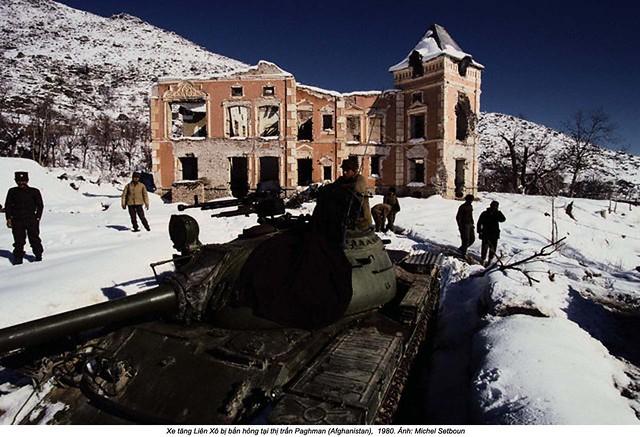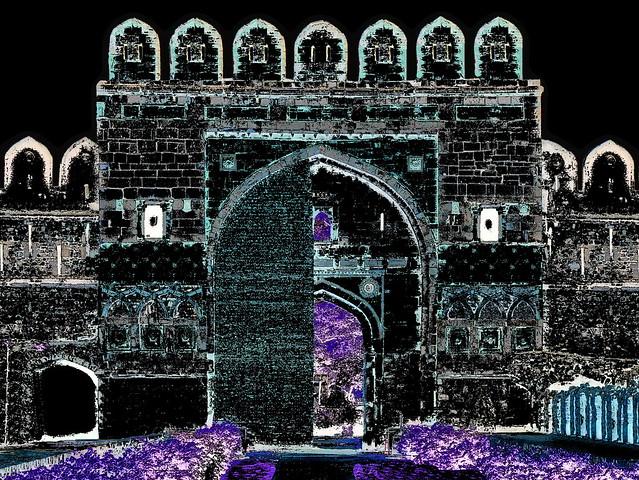
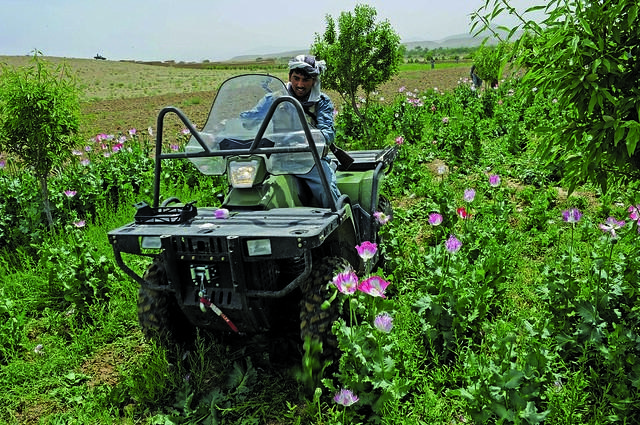
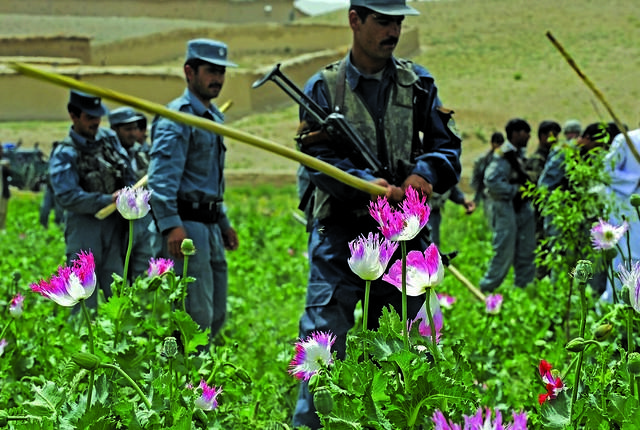

Qalāt
Overview
Historical Significance
Qalāt, the capital city of Zabul Province in Afghanistan, is steeped in history and has played a pivotal role throughout various eras. Nestled at an elevation of approximately 2,200 meters (7,200 feet) in the mountainous region of the country, this city has served as a strategic location for trade and military expeditions. The city's history dates back to ancient times, with influences from the Achaemenid Empire, the Greco-Bactrian period, and more recently, the Islamic conquests. Its fortifications and ruins tell tales of conquests, resilience, and transformations, making it a living testament to the rich tapestry of Afghan history.
Culture and Atmosphere
The culture of Qalāt is a vibrant blend of ethnic traditions, primarily influenced by the Pashtun heritage that dominates the region. Travelers will find a warm and welcoming atmosphere, where hospitality is a cornerstone of daily life. The local populace often engages in traditional practices, such as storytelling and music, which are integral to preserving their cultural identity. The sounds of the rabab (a traditional string instrument) and the rhythms of Afghan folk dances can be heard during local festivities, providing a glimpse into the rich artistic expressions of the community.
Local Characteristics
The city is characterized by its stunning landscapes, with rugged mountains surrounding the area, offering breathtaking views and opportunities for outdoor exploration. The architecture reflects a mix of ancient and modern influences, with traditional mud-brick houses juxtaposed against newer constructions. The local bazaars are bustling with activity, where traders sell handcrafted goods, spices, and textiles, allowing travelers to immerse themselves in the daily life of the residents. The vibrant colors and aromas in the markets create an inviting atmosphere that beckons exploration.
Natural Beauty and Outdoor Activities
Surrounded by natural beauty, Qalāt offers opportunities for hiking and trekking enthusiasts. The nearby mountains provide scenic trails that lead to panoramic viewpoints, where one can witness the stunning vistas of the Afghan landscape. The changing seasons also enhance the beauty of the area, with spring bringing wildflowers and autumn showcasing vibrant foliage. Adventurous travelers can engage with the local communities along these trails, allowing for a deeper understanding of the region's culture and lifestyle.
Local Cuisine
No visit to Qalāt is complete without savoring the local cuisine, which is a reflection of Afghanistan's culinary diversity. Traditional dishes such as kabuli pulao (a fragrant rice dish with raisins and carrots), mantu (steamed dumplings), and various kebabs are staples that delight the palate. The use of fresh ingredients and aromatic spices enhances the flavors, making every meal a memorable experience. Dining in local eateries often offers an intimate setting where travelers can share meals with residents, fostering connections and understanding of their way of life.
Visiting Qalāt
For foreign travelers, visiting Qalāt requires a spirit of adventure and an open mind. While the city has faced challenges over the years, it remains a place rich in history, culture, and natural beauty. Engaging with local communities, respecting traditions, and learning about the historical significance of the area can turn a simple visit into an enlightening journey. As you wander through the ancient streets, take time to appreciate the resilience of its people and the stories each corner holds.
Other towns or cities you may like in Afghanistan
Explore other cities that share similar charm and attractions.



